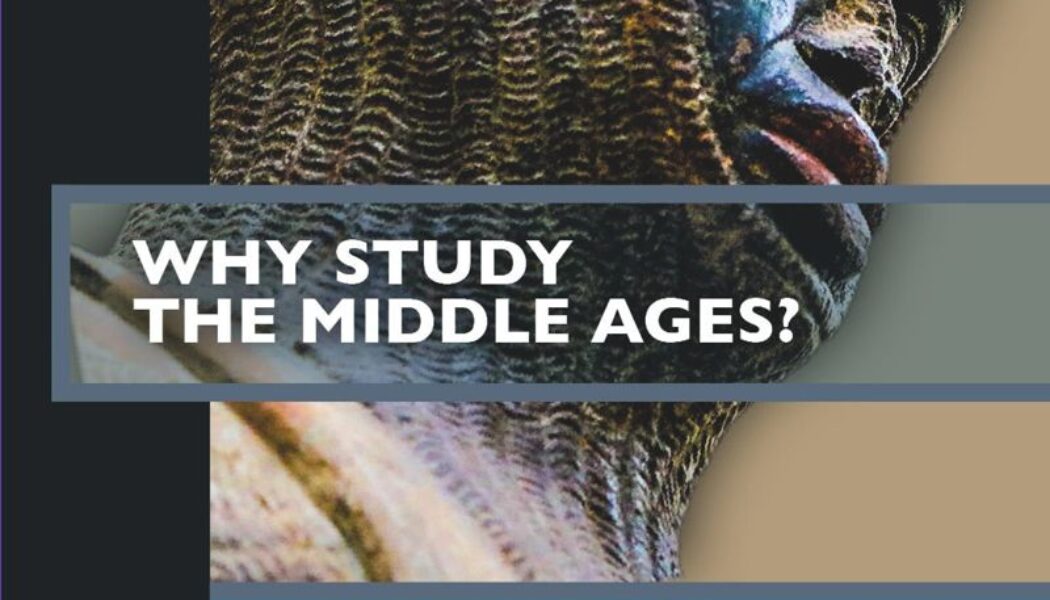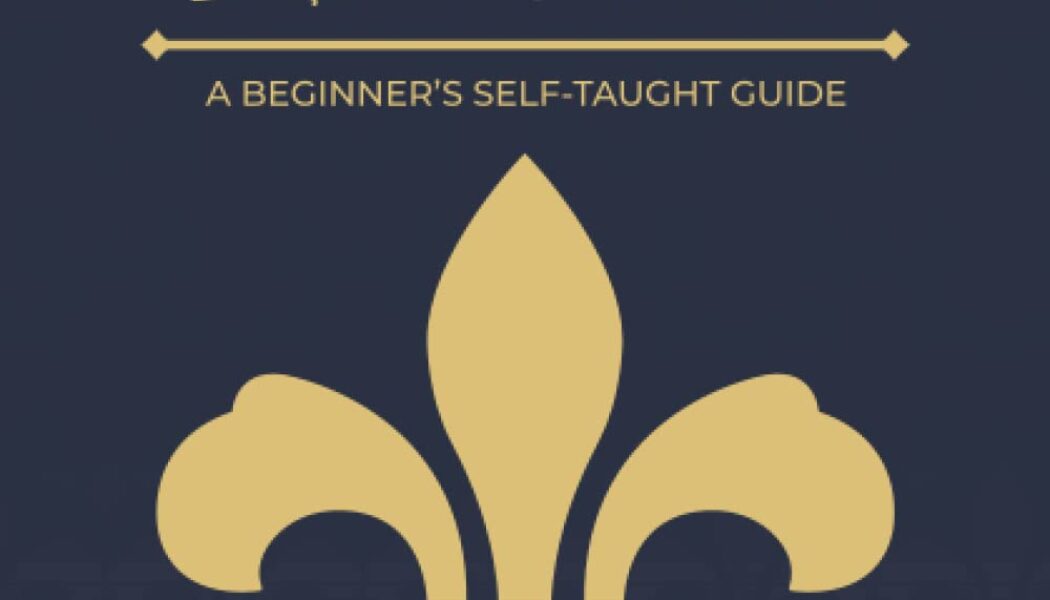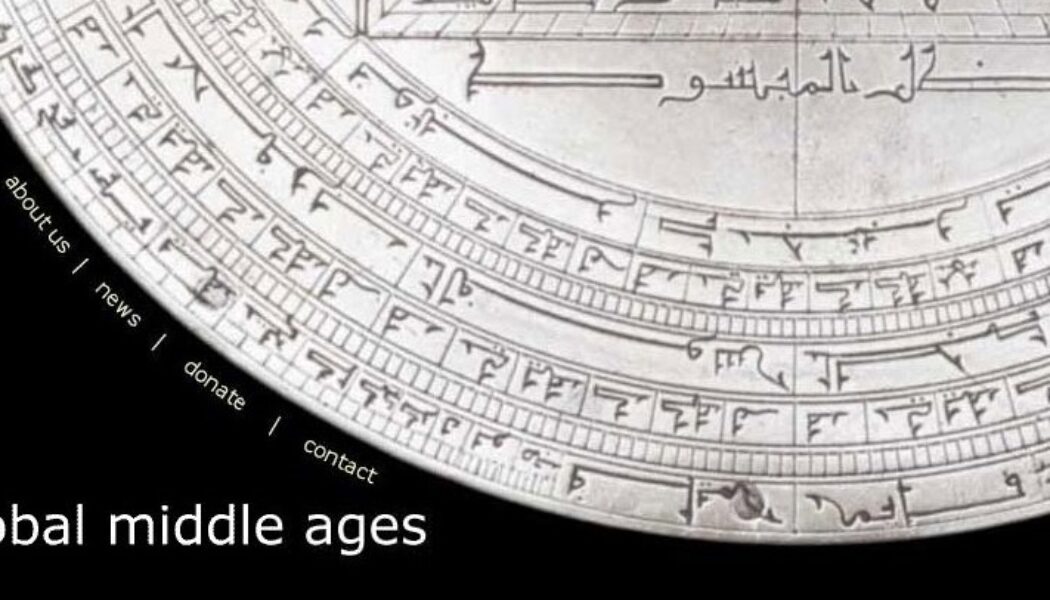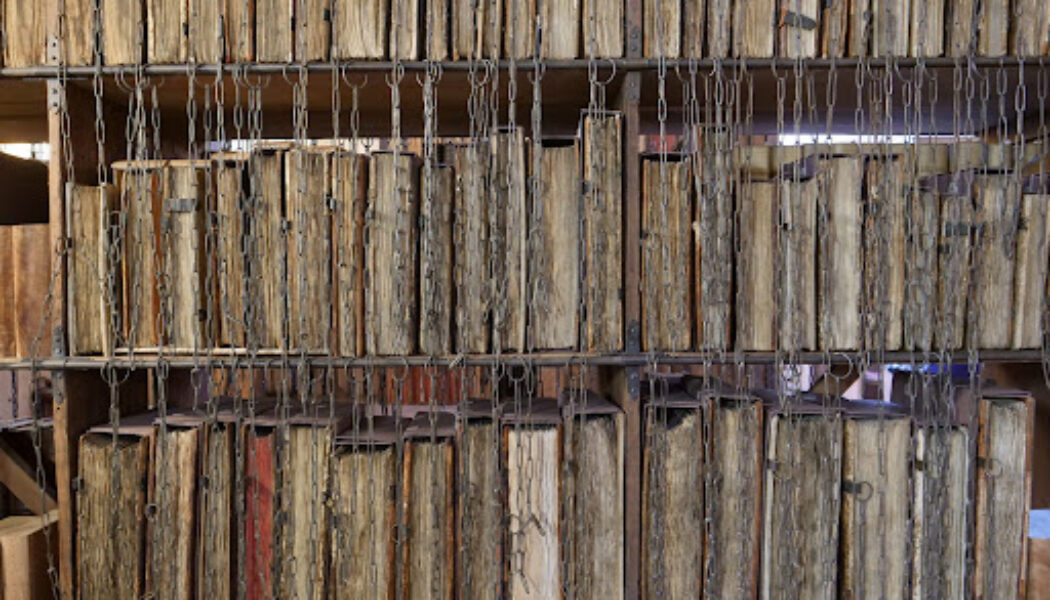study
Why Study the Middle Ages (Past Imperfect)
Relegating the Middle Ages to "primitive" distances us from close examination of what has not changed in society―or what has, which might not be for the better. Exploring and exploding these (mis)conceptions is essential to experience the benefits of a liberal education.
Medieval Latin: A Beginner’s Self-Taught Guide
This book, which focuses on Medieval Latin rather than Classical Latin, contains everything you need to know to tackle charters, documents, and wills effectively and successfully from the Middle Ages.
Resources for Medievalists: Global Middle Ages
The Global Middle Ages Project is a global project featuring collaborative projects promoting the study of the medieval world from c. 500 to 1500 CE and beyond. The project aims to “deliver the stories of lives, objects, and actions in dynamic relationship and change across deep time”.
Resources for Medievalists: MEMSLib
MEMSlib is an initiative of the Centre for Medieval and Early Modern Studies (MEMS) at the University of Kent. This student-led project developed out of a shared desire to support their academic peers and colleagues during the Covid-19 pandemic.
Resources for Medievalists: The Ancient, Medieval and Early Modern Manuscripts Blog
The Ancient, Medieval and Early Modern Manuscripts Blog promotes the work of the curators at the Library, who are responsible for these items and thousands more, including medieval historical and literary manuscripts, charters and seals, and early modern manuscripts, from Homer to the Codex Sinaiticus, from Beowulf to Chaucer, and from Magna Carta to the papers of Henry VIII and Elizabeth I.










